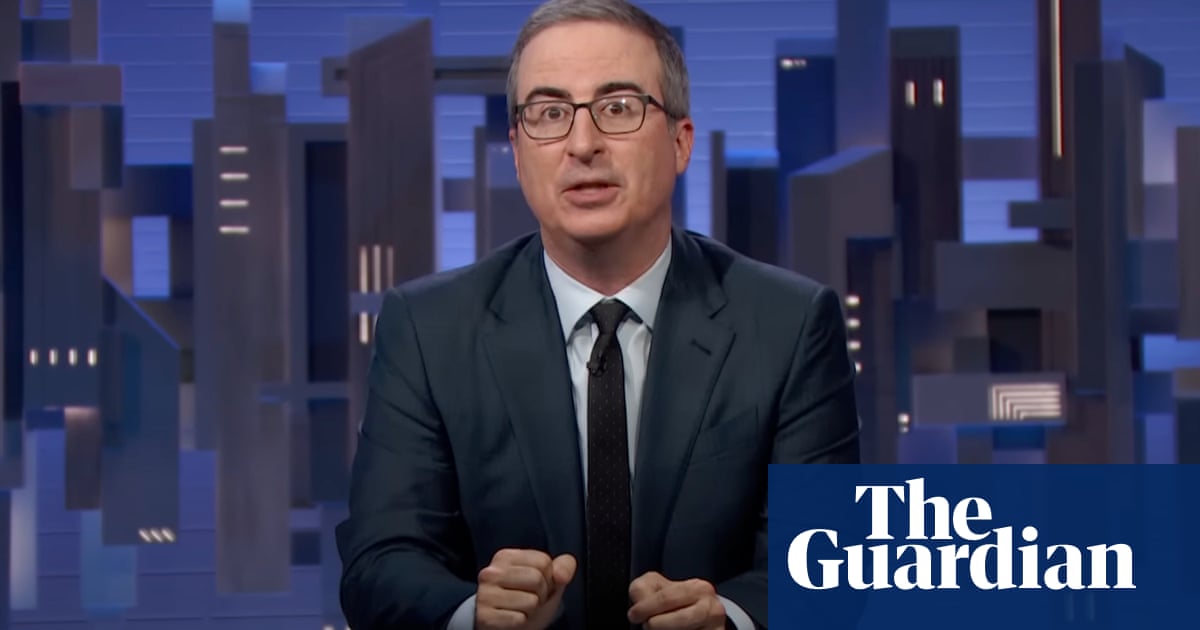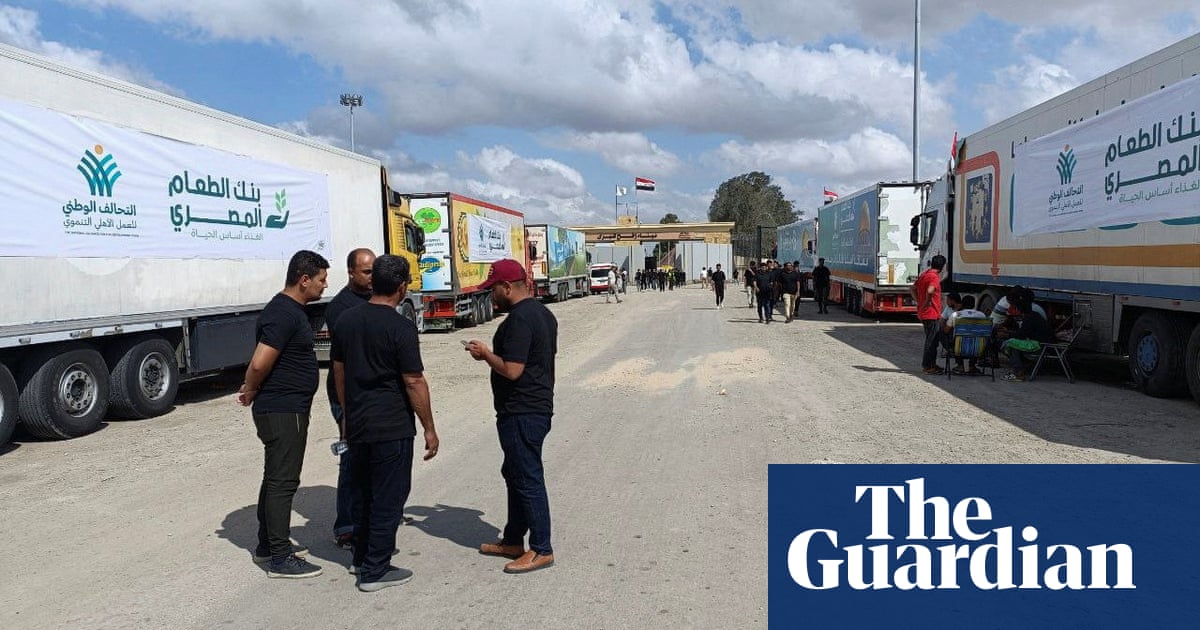
In an unusual move, John Oliver addressed his audience before the intro for Last Week Tonight, acknowledging the violence in Israel and Gaza. “Without all the music and the lights and – at least theoretically – the laughter, I wanted to briefly talk to you about what has clearly been a terrible week,” he said. “The immense suffering in Israel and Gaza has been sickening to watch, and we’re not gonna be covering it in the main body of our show tonight for a couple of reasons.
“First, it’s horrific. I don’t really want to tell jokes about carnage right now, and I’m pretty sure that you don’t want to hear them,” he continued. And second, there was a delay between the Saturday taping of the show and its Sunday airtime.
“A lot could change” in the few days, “but I do have a few broad thoughts that I think will still apply, and they have to do with sorrow, fear and anger,” he said. “Now, sorrow is the first and most overwhelming feeling, the images that we’ve seen this week from last Saturday onward have been totally heartbreaking – thousands now dead in Israel and Gaza. It would be devastating, not just to those in the region, but to diaspora communities across the world.”
Regardless of one’s thoughts on the history of the region, “it should be impossible to see grieving families and not be moved,” he added. “So there’s been sorrow this week, a lot of it, and also fear – understandable fear of further attacks in Israel and for those taken hostage and fear of what is to come in Gaza, as Israel’s leaders seem intent on embarking on a relentless bombing campaign, mass displacement and a potential ground invasion.”
All signs “seem to be pointed toward a humanitarian catastrophe”, he continued, as Israeli officials announced plans to cut off food, water, fuel and power. “This has all the appearances of collective punishment, which is a war crime. And I think many Israelis and Palestinians are feeling justifiable anger right now, not just at Hamas, whose utterly heinous terrorist acts set this week’s events in motion, but also at the zealots and extremists across the board who consistently thwarted attempts at peace over the years.”
Both Israelis and Palestinians “have been let down by their leadership time and time again”, said Oliver. “And I don’t have a great deal of faith in the leaders currently in charge to steer us toward peace.
“I’m not going to tell either side how to get it – certainly not in this [British] accent, which has frankly done enough damage in that particular region to last a fucking lifetime,” he concluded. “But just know in the long term, all the people who want to live in that region are going to keep living there. So peace is not optional and will require some tough decisions. And I can’t say where a peace process ends, but it just has to start with that kind of ability to recognize our common humanity.”
In his main segment, Oliver pivoted to the numerous vulnerabilities within the US food safety system. “Our food safety system, in particular, the Food and Drug Administration [FDA] which oversees most of it, has some serious shortcomings,” he said.
Part of the problem is the division of labor, within an agency that heavily prioritizes the drug portion of its name, and with the US Department of Agriculture (USDA), which can be “maddeningly complicated”. The difference of jurisdiction can be as arcane as frozen pepperoni pizza (USDA) versus cheese pizza (FDA), or beef broth (USDA) versus chicken broth (FDA).
Part of it is budget – the agencies have roughly the same amount of federal funding for food safety inspection, though the FDA has responsibility for about 80% of US food products and purview over 35,000 produce farms, 300,000 restaurant chain establishments, 10,500 vending machine operators and more than 275,000 registered facilities, more than half of which are overseas. “Very basically, the FDA is spread extremely thin, and the USDA isn’t,” said Oliver.
Some of the FDA’s problems are without, and some within. “Even by government standards, it has an infamously slow bureaucracy,” Oliver noted, pointing to its lethargic response to E coli outbreaks in leafy greens in 2018, which sickened hundreds and killed at least five people.
Oliver concluded that “a massive overhaul is needed here”, such as what happened to the USDA after undercooked hamburgers at Jack in the Box restaurants caused one of the worst E coli outbreaks in US history in 1993, resulting in the death of four children. The Obama-era Food Safety Modernization Act, passed in 2011, was supposed to do the job. But it wasn’t funded enough, and the agency was still hamstrung by its “glacial bureaucracy”.
For example, the law mandated that the FDA come up with a standard for water used in agriculture – “basically, a way to keep your salad from getting lightly misted by microscopic cow shit,” Oliver explained. “The problem is it’s 12 years later, and it still hasn’t produced a final rule.”
Oliver pointed to some recent progress – last month, the FDA established a new role at the agency that would put one person in charge of the entire food safety program. “It’s a bit incredible that that role didn’t exist until just now, but still, I will take it,” he said. “But history suggests that it won’t be nearly enough.”
Oliver advocated for an entirely separate food safety department, citing experts who said a food safety system built from scratch would look nothing like the patchwork US system today. “Under the system that we have right now, future outbreaks aren’t just possible,” he concluded. “They’re absolutely inevitable.”












